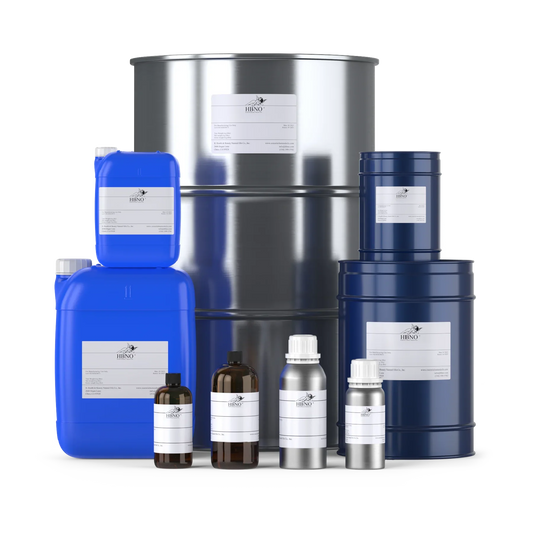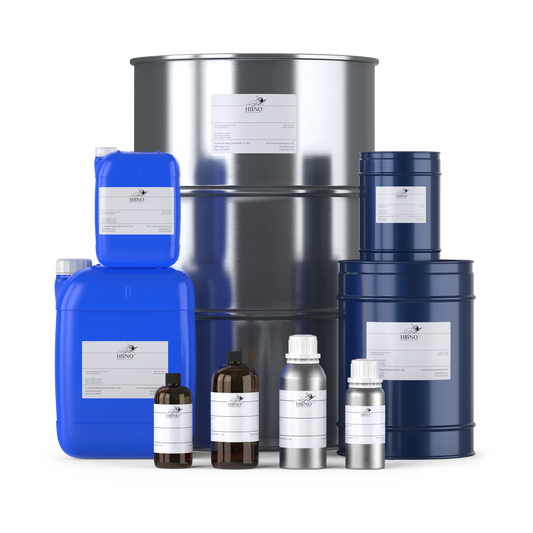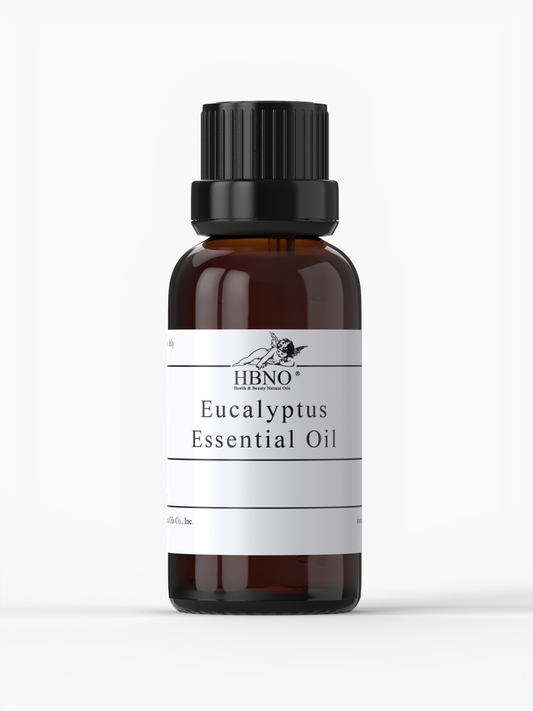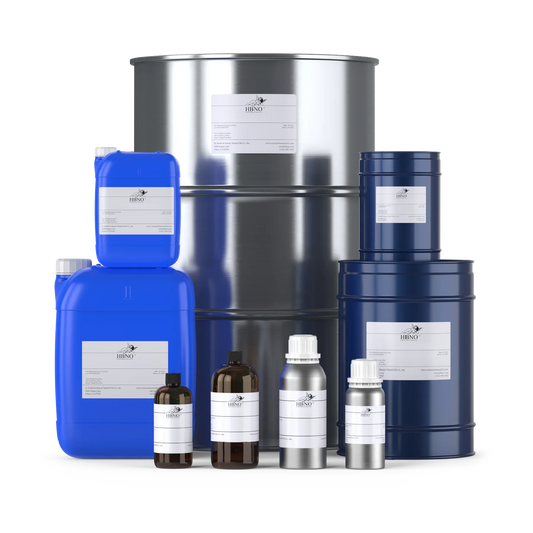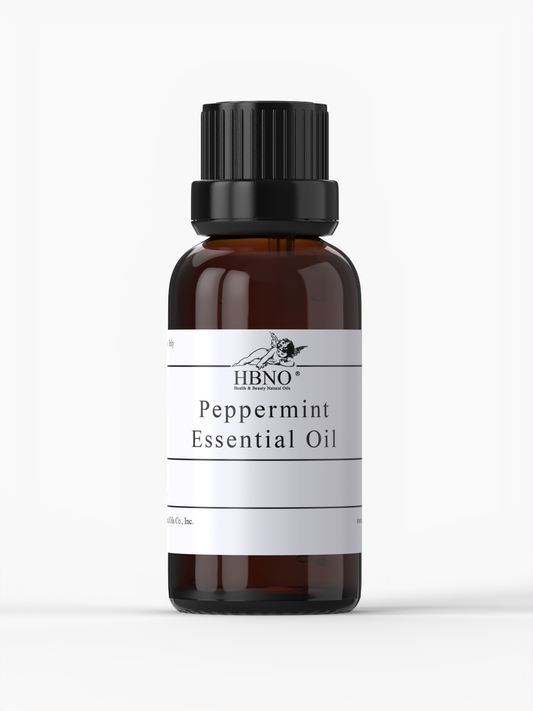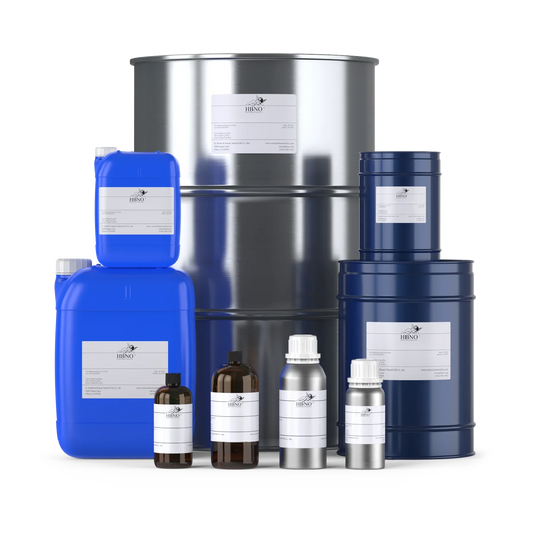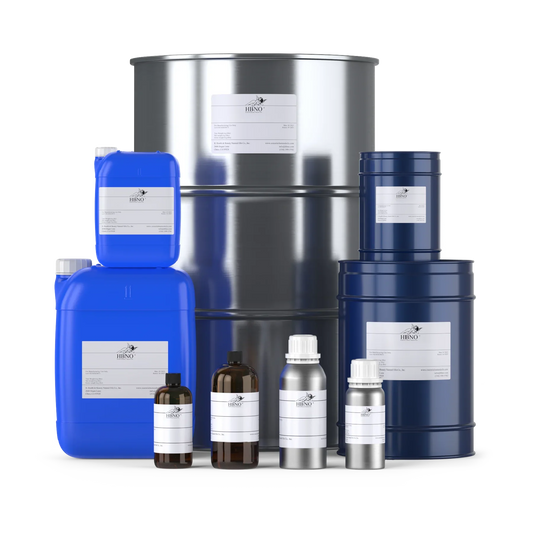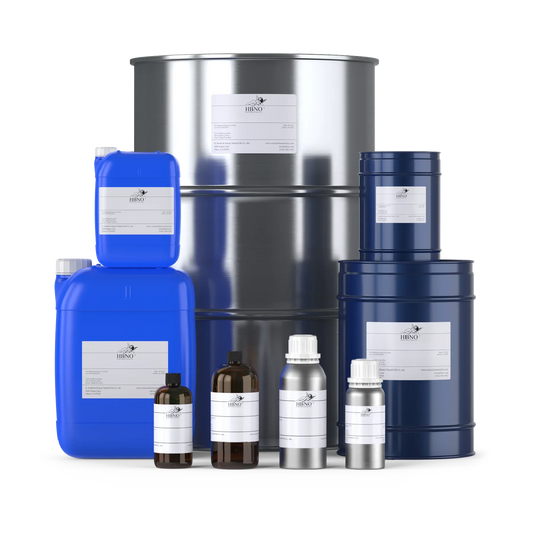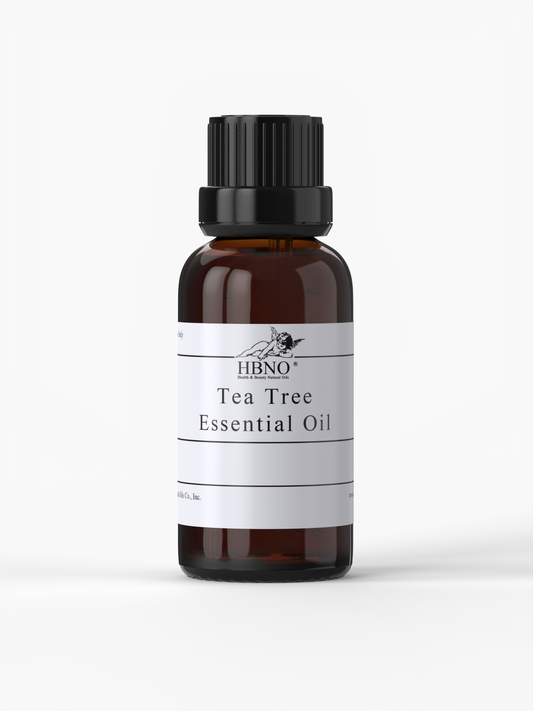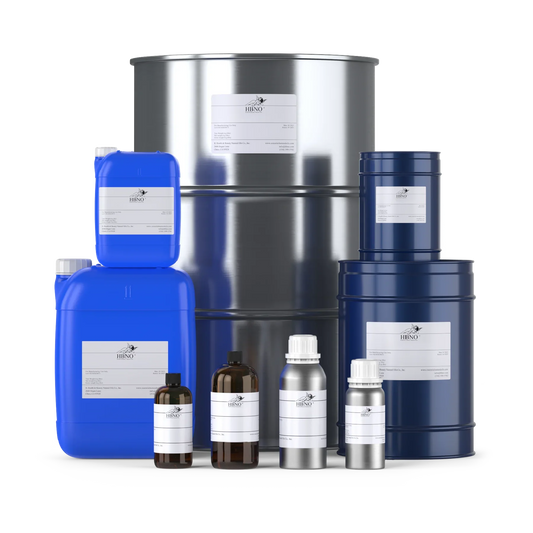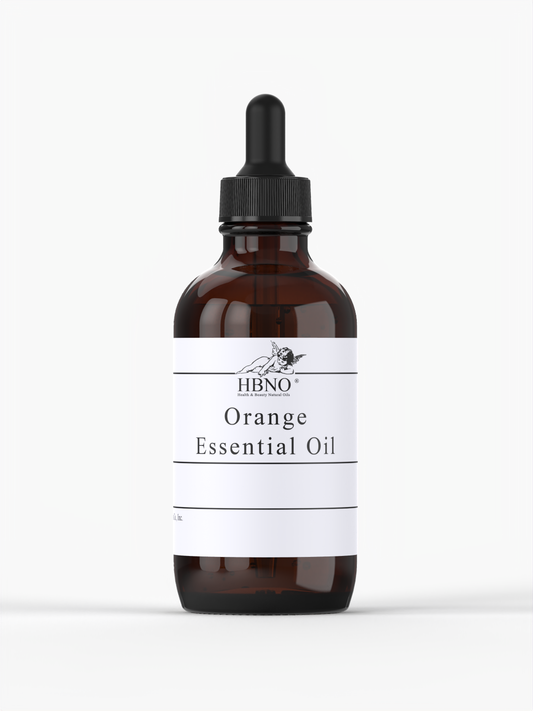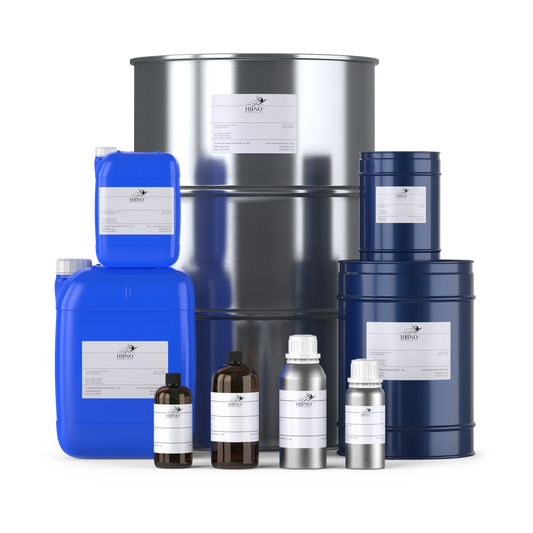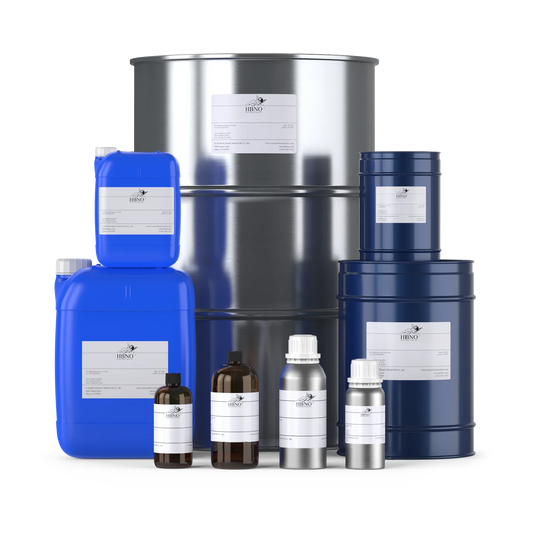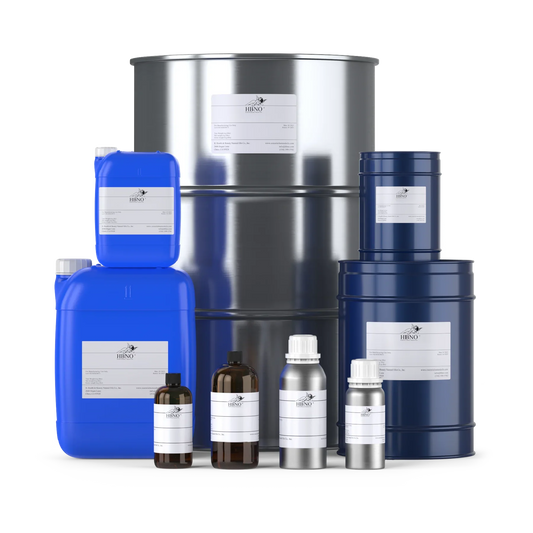HBNO™ Angel Calming
Ingredients : Mandarin Oil (Citrus reticulata), Lavender Oil (Lavandula angustifolia), Tangerine Oil (Citrus reticulata blanco var tangerina), German Chamomile Oil (Matricaria Chamomilla)
HBNO™ Angel Calming is an excellent blend to relax the body and mind. Highly recommended for those who need to relax. Dilute and rub into the temples of the head or diffuse throughout the air. Also excellent in a myriad of formulations. Considered suitable for children 2-10 years of age when diluted properly.
HBNO is pleased to offer HBNO™ Angel Calming blend in small packing to bulk and wholesale quantities. We can supply any amount of oil to anywhere in the world. We can also formulate according to your needs to meet your target price for bulk quantities.
Information on ingredients below
MANDARIN
Mandarin is native to the Far East, in particularly southern China but is now grown primarily in Italy. The peel contains the essential oil which is secreted by the glands of the zest. The tree thrives in hot, humid temperatures and rich soil, although trees in a more temperate climate grow more slowly, yet produce a greater quantity of oil. The fruit was traditionally offered to rulers as a show of respect in China. It was later introduced to Europe and America in the 1800s.
Mandarin essential oil works to detoxify congested and oily skin, thereby relieving it of common skin ailments such as acne. It's skin toner properties help to reduce visible signs of scars, stretch marks, and cellulite. Mandarin essential oil stimulates the lymph system, boosting the immune system. In addition, its antiseptic components cleanse and heal wounds, eliminating excess fluids. The scent helps to overcome mental fatigue and studies have shown that mandarin essential oil is effective against stress (Mojay, 1997).
Mandarin essential oil is antiseptic, antispasmodic, antioxidant, cholagogue, digestive, diuretic, sedative, tonic, and nervine.
LAVENDER OIL
Lavender essential oil is one of the most favored and widely applied essential oil in the world. It has been associated with cleanliness since the inception of its name which comes from the Latin word lavare "to wash." Native to the Mediterranean region, lavender quick spread throughout Europe and became popular from the 14th-19th century. The roots of current day aromatherapy are often traced to the French chemist Rene-Maurice Gattefosse, who plunged his hand into a bucket of lavender essential oil after accidentally burning himself. He was amazed at the rate of recovery and minimal scarring from the burn. Fascinated by his experience, he began to study the effects of essential oils on the body and used them in hospitals on soldiers during the First World War.
Lavender is one of the few essential oils that can be used undiluted. Lavender assists with all inflammations of the skin, palpitations, hypertension, convulsions, muscle spasms, pain related to - arthritis, sprains, strains - headache, menstruation, loss of hair, nausea, burns, acne, eczema, psoriasis, all wounds, scars, burns, sunburn, itching, heals open wounds, disinfects, stress, antidepressant, insomnia -- When in doubt, use lavender!
Lavender essential oil is analgesic, anticonvulsant, antidepressant, anti inflammatory, hypotensive, antirheumatic, antiseptic, antispasmodic, antiviral, decongestant, anticoagulant, deodorant, anti-toxic, diuretic, restorative, sedative, and nervine
Lavender vs. Caffeine Agitation (Buchbauer et al., 1994)
University of Vienna found that diffusing lavender oil into the air reduced the agitation of test subjects injected with caffeine. Lavender outperformed its two main constituents, linalol and
linalyl acetate, suggesting a synergistic effect.
Lavender Improves Sleep (G. Cannard, 1993)
A study at the Tullamore General Hospital in Ireland applied one drop of a lavender oil blend to each of the four corners of patients' mattresses. The lavender oil blend was also vaporized into
the air during the night.
Lavender for Sleep (Wolfe, 1996)
A study published in the International Journal of Geriatric Psychiatry reported results of a pilot study of two patients with dementia. Nighttime aromatherapy with the essential oils of lavender
and Roman chamomile increased the duration of one patient's sleep and resulted in the second patient being taken off sleep medication.
Lavender for Daytime Alertness (Hudson, 1995)
One drop of lavender oil was applied to the pillows of nine elderly patients for one week each night. Eight of the nine patients reported improved wakefulness and alertness during the day, suggesting improved and higher quality sleep at night.
Lavender vs. Insomnia (Hardy et al., 1995)
A study published in The Lancet reported on using lavender oil to treat geriatric patients with chronic insomnia. Researchers found that inhalation of ambient lavender oil outperformed medications in improving sleep duration and quality. No side effects were reported.
The Sense of Smell Institute
New York, in conjunction with Wesleyan University, has tested the effects of lavender on nighttime sleep and found that it improved sleep in men and women. (2004-02-04) In the study, Namni Goel found that lavender increased the amount of time subjects spend in slow wave, or deep sleep, resulting in increased energy and alertness the next day.
Lavender vs. Cognitive Abilities (Knasko,1992)
A randomized controlled study tested the effect of lavender aroma on 92 adults. Researchers found that subjects in the lavender group displayed better cognitive abilities and better moods than the unscented control group.
Lavender vs. Anxiety (Diego et al., 1999)
A University of Miami study administered 3 minutes of aromatherapy to 40 healthy adults. Researchers found that subjects exposed to lavender aromas were less depressed and scored higher on mathematical tests (performing faster and more accurately). Subjects also exhibited increased beta waves in the brain and exhibited lower anxiety scores.
Lavender vs. Cholesterol (Nikolaevskii et al., 1990)
Inhalation of lavender reduced atherosclerotic plaques on the walls of the aorta (the chief blood supply to the brain) even though it did not reduce cholesterol levels in the blood.
Lavender vs. Blood Pressure (Romine et al., 1999)








